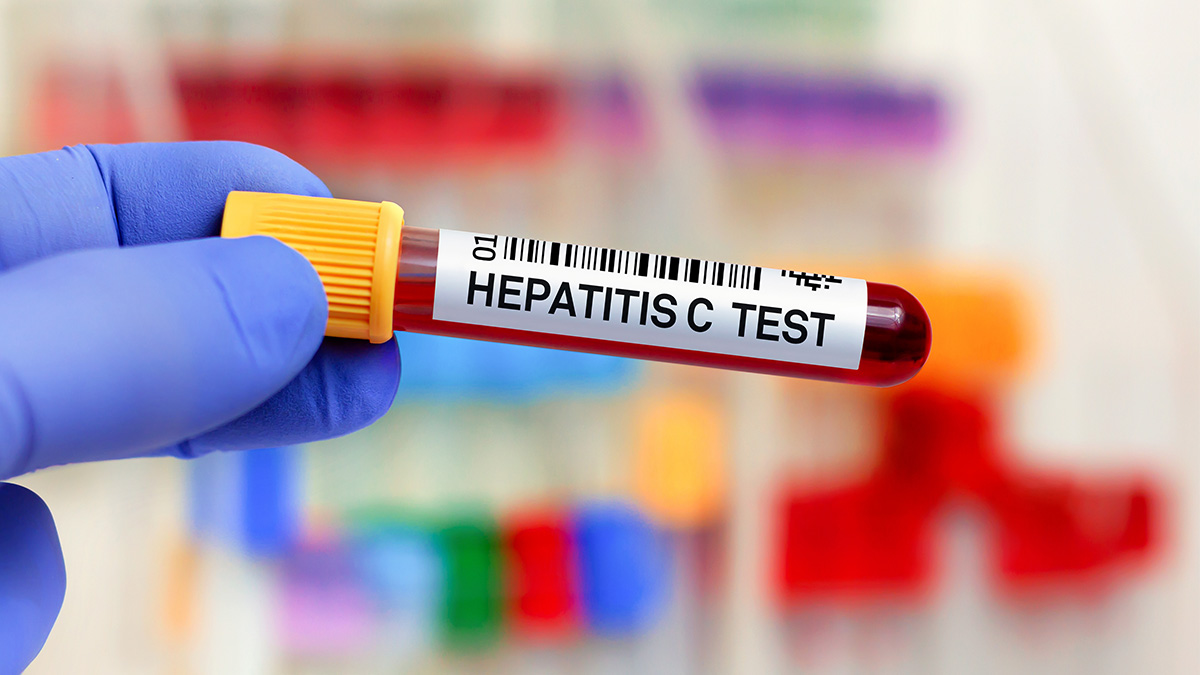In today’s fast-paced world, health check ups often take a back seat until symptoms appear. However, many illnesses, including hepatitis C, are known as “silent infections” because they can persist without obvious signs for years. This is why understanding when to get a Hepatitis C Test in Dubai is crucial—not just for your health, but for the well-being of those around you.
Understanding Hepatitis C
Hepatitis C is a liver infection caused by the hepatitis C virus (HCV). It spreads primarily through contact with infected blood. Over time, this condition can lead to serious liver damage, including cirrhosis and liver cancer. What makes hepatitis C particularly dangerous is that most people do not experience symptoms until the liver has already been significantly affected.
Despite this, early detection can prevent complications and make treatment more effective. This is where timely testing becomes life-saving.
Who Should Consider a Hepatitis C Test?
One of the most important factors in controlling the spread and impact of hepatitis C is identifying who should be tested. While a general rule is that everyone should undergo routine screening at least once in their lifetime, certain individuals should consider it more urgently.
1. Adults Aged 18 to 79
The Centers for Disease Control and Prevention (CDC) recommends a one-time screening for all adults between the ages of 18 and 79, regardless of perceived risk. This broad recommendation stems from the fact that many individuals infected decades ago may still be unaware they carry the virus.
2. People Who Inject or Have Injected Drugs
This group is at the highest risk, especially if needles, syringes, or other injection equipment were shared. Even a one-time use many years ago is enough reason to seek testing.
3. Individuals Who Received Blood Products Before 1992
Before widespread screening of the blood supply began in 1992, transfusions and organ transplants could be a source of infection. If you had any such procedures before this year, testing is strongly advised.
4. People Living with HIV
Co-infection with HIV and hepatitis C is relatively common due to similar transmission routes. Individuals with HIV should get regularly tested for hepatitis C.
5. Babies Born to HCV-positive Mothers
Although not all infants born to infected mothers will contract the virus, a hepatitis C test should be administered after 18 months of age to confirm or rule out infection.
6. People with Abnormal Liver Function Tests
Unexplained liver abnormalities or chronic liver disease may be signs of hepatitis C infection. If your liver enzyme levels are off, it’s time to get tested.
7. Individuals with Tattoos or Piercings in Non-professional Settings
Improperly sterilized equipment can be a transmission route. If you've had body modifications in unregulated environments, testing is advisable.
Why Early Testing Matters
Hepatitis C can remain undetected for years, quietly damaging the liver. Early detection is vital because:
- It helps initiate treatment before major liver damage occurs.
- It prevents unknowingly transmitting the virus to others.
- Modern antiviral medications can eliminate the virus in most people.
- It reduces the risk of liver cancer and other complications.
The earlier hepatitis C is diagnosed, the better the chances of complete recovery without long-term consequences.
Symptoms to Watch For
Though many infected individuals show no symptoms initially, when signs do appear, they may include:
- Fatigue
- Dark urine
- Yellowing of the skin or eyes (jaundice)
- Abdominal pain
- Loss of appetite
- Joint pain
If you’re experiencing any of these, it’s critical to get tested, even if you think you’re not at risk.

How the Test Works
Testing for hepatitis C generally begins with a simple blood test known as an HCV antibody test. If antibodies are detected, a second test—a polymerase chain reaction (PCR) test—is performed to determine if the virus is active in your body.
The testing process is quick, minimally invasive, and available in various health facilities, including labs, hospitals, and mobile screening units. Getting tested does not require symptoms or a referral—only awareness and willingness.
Prevention Is Key
While hepatitis C is treatable, prevention is always better. Avoiding risky behaviours, such as sharing needles, and ensuring sterile conditions for medical or cosmetic procedures can significantly reduce your risk. Using protective measures like condoms during sex and avoiding shared personal items like razors and toothbrushes can also help.
Awareness of your health status empowers you to make informed decisions and avoid complications. Whether you’re in a high-risk category or simply want peace of mind, there’s never a wrong time to prioritize your liver health.
Take Control of Your Health
Hepatitis C may be silent, but your response to it doesn’t have to be. Whether it’s your first time considering testing or you’re revisiting your health plan, taking a proactive approach can make all the difference. If you’re in the region, a Hepatitis C Test Dubai can offer quick insights and set you on the right path to care and prevention.
Don’t wait for symptoms to speak louder than your instincts. Prioritize your health now—because early action is the strongest protection.





Comments